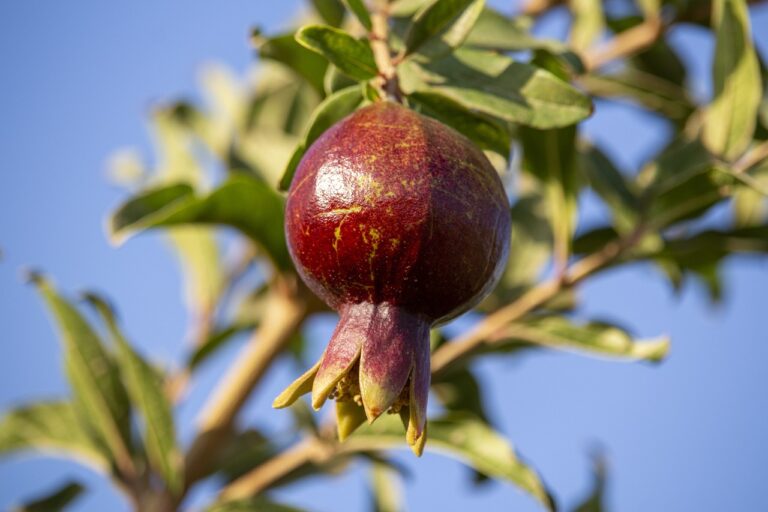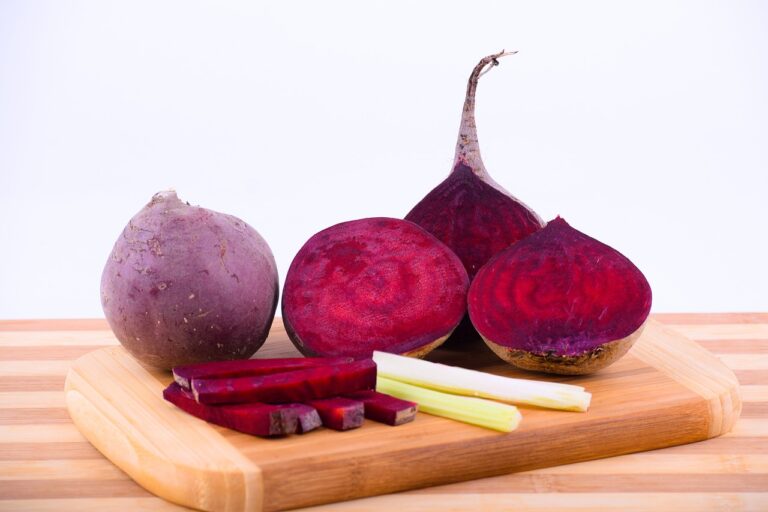The Importance of Sustainable Agriculture for Future Food Security: 11xplay online id, India24bet login, Skyinplay
11xplay online id, india24bet login, skyinplay: In a world where the global population is steadily increasing, the need for sustainable agriculture has never been more crucial. With the challenge of feeding billions of people while also preserving our environment, the importance of sustainable agriculture for future food security cannot be overstated. Sustainable agriculture is not just a buzzword; it is a vital approach that is necessary for the long-term health of our planet and our ability to produce enough food to feed everyone.
What is Sustainable Agriculture?
Sustainable agriculture is a way of farming that focuses on producing food in a way that is environmentally friendly, socially responsible, and economically viable. This means using practices that do not deplete natural resources, harm the environment, or endanger human health. Sustainable agriculture aims to meet current food needs without compromising the ability of future generations to meet their own needs.
Key Aspects of Sustainable Agriculture
There are several key aspects of sustainable agriculture that set it apart from conventional farming practices:
1. Soil Health: Sustainable agriculture focuses on maintaining healthy soil through practices such as crop rotation, cover cropping, and minimal tillage. Healthy soil is essential for producing nutritious crops and preventing erosion.
2. Water Conservation: Sustainable agriculture aims to use water efficiently and reduce pollution of water sources. Practices such as drip irrigation, rainwater harvesting, and water-saving technologies help conserve water resources.
3. Biodiversity: Sustainable agriculture promotes biodiversity by avoiding monocultures and planting a variety of crops. This helps prevent pest outbreaks and diseases while also supporting natural ecosystems.
4. Climate Resilience: Sustainable agriculture seeks to build resilience to climate change by using practices that help mitigate greenhouse gas emissions and adapt to changing weather patterns.
5. Social Equity: Sustainable agriculture considers the needs of farmers, workers, and communities by promoting fair labor practices, supporting local economies, and ensuring access to healthy food for all.
The Benefits of Sustainable Agriculture
Sustainable agriculture offers numerous benefits that contribute to future food security and the health of our planet:
1. Improved Food Security: Sustainable agriculture helps build resilience to climate change, reduce food waste, and increase food availability, ensuring that everyone has access to nutritious food.
2. Environmental Protection: Sustainable agriculture conserves natural resources, reduces pollution, and preserves biodiversity, helping to protect our planet for future generations.
3. Economic Viability: Sustainable agriculture can be profitable for farmers while also supporting local economies and creating jobs in rural communities.
4. Healthier Food: Sustainable agriculture produces food that is free from harmful pesticides and chemicals, promoting better nutrition and health for consumers.
5. Climate Change Mitigation: Sustainable agriculture practices can help reduce greenhouse gas emissions, sequester carbon in the soil, and contribute to efforts to combat climate change.
FAQs
1. What are some examples of sustainable agriculture practices?
Some examples of sustainable agriculture practices include organic farming, agroforestry, integrated pest management, conservation tillage, and crop rotation.
2. How can consumers support sustainable agriculture?
Consumers can support sustainable agriculture by buying food from local farmers markets, choosing organic and fair trade products, reducing food waste, and advocating for policies that promote sustainable farming practices.
3. Why is sustainable agriculture important for the future of food security?
Sustainable agriculture is important for the future of food security because it helps ensure that we can produce enough food to feed a growing population without harming the environment or depleting natural resources.
In conclusion, sustainable agriculture is essential for ensuring future food security and preserving the health of our planet. By adopting sustainable farming practices, we can help build a more resilient and sustainable food system for generations to come. Let’s all do our part to support sustainable agriculture and create a brighter future for all.







